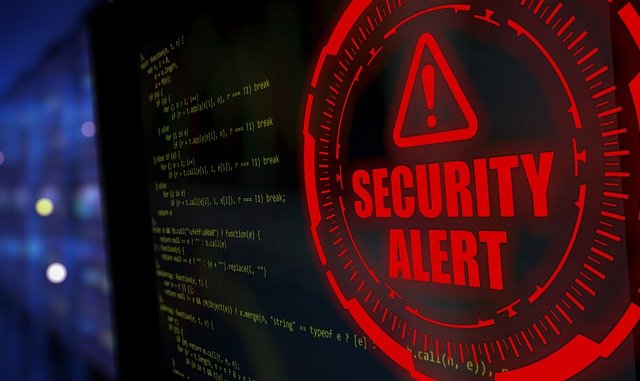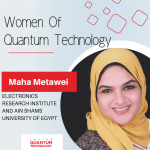Chinese researchers claim a feasible method for breaking RSA encryption

One way to start a new year off with a bang is to claim you can accomplish something no one else has before. Well, a group of Chinese researchers claimed in a paper at the tail end of 2022 that they have come up with a way to break RSA encryption using a relatively small number of qubits.
The paper, titled “Factoring integers with sublinear resources on a superconducting quantum processor,” claimed that researchers developed a “universal quantum algorithm” that in an experiment can demonstrate “factoring integers up to 48 bits with 10 superconducting qubits, the largest integer factored on a quantum device.”
The researchers added, “We estimate that a quantum circuit with 372 physical qubits and a depth of thousands is necessary to challenge RSA-2048 using our algorithm. Our study shows great promise in expediting the application of current noisy quantum computers, and paves the way to factor large integers of realistic cryptographic significance.”
So, is it a valid claim, and if so, what does it all mean for the migration to post-quantum cryptography (PQC), which many experts are viewing as a process that will take a decade or more?
Sorting out validity will take some time as various experts weigh in on the details of the claim and the paper itself. Already, there has been some public comment questioning the ability of the methods used by these researchers to achieve useful scale.
If this proves to be a major discovery, it would seem to suggest that the entire timeline for the PQC migration would need to accelerate. At the very least those groups being indecisive about moving toward PQC adoption would have more concrete motivation to do so, and that is something which might still be lacking among some governments and other organizations that most need to make the transition to PQC.
For now, there is much uncertainty, but what is clear is that if we were expecting these types of claims to surface years from now, we were wrong. We should start getting used to the idea that more parties will be making similar claims with increasing frequency in the years to come. And, as several speakers at IQT’s Fall Quantum Cybersecurity event last October noted, there also is likely to be progress being made that we hear nothing about, as it will be made by parties who would like to keep their efforts a secret.
Dan O’Shea has covered telecommunications and related topics including semiconductors, sensors, retail systems, digital payments and quantum computing/technology for over 25 years.



















